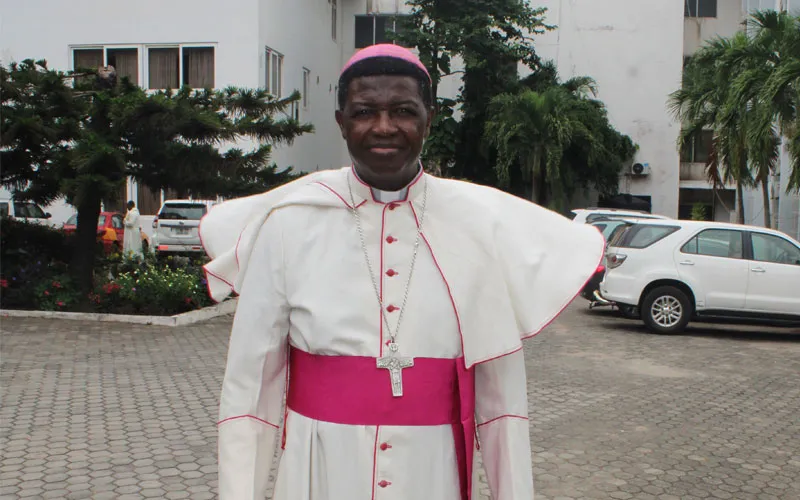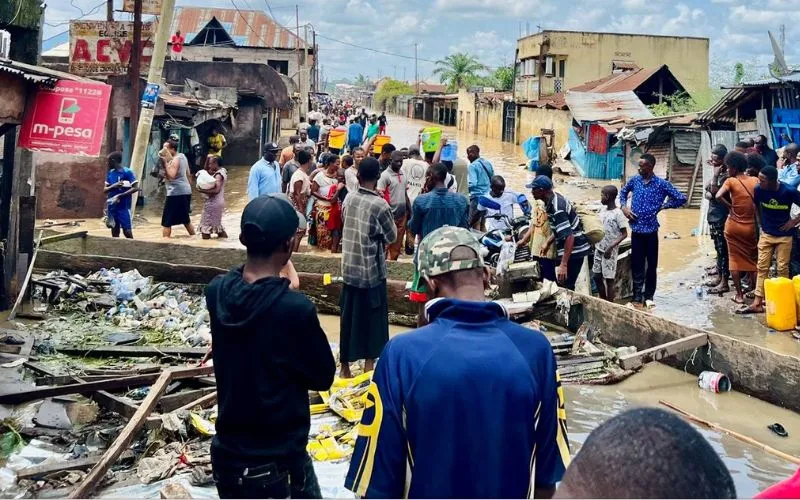“I was outraged by the answers given by the Prime Minister justifying the ferocious repression of the security forces, without a word of sympathy for the many families bereaved or in distress in the search for their missing members,” the Archbishop says.
He continues, “I have still not understood the causes of this murderous madness, which led Chadian citizens to subject other citizens to inhuman and degrading treatment, including summary executions and deportation to the prisons of the North.”
“How can we explain the fact that relatives are prevented from removing the mortal remains of their victims of the repressions and burying them?” Archbishop Djitangar poses, and further queries, “Why this continual hounding of citizens whose crime is to be in the opposition? Is it a crime to have the Chadian flag at home?”
Chad's image, the Local Ordinary of N’Djamena says, “has been tarnished by the barbarism of this repression, and those of our usual partners who were beginning to show us some sympathy for the floods have found themselves blocked in their generosity.”
In April 2021, President Idriss Déby Itno who had been at the helm of the country since 1990 died after succumbing to injuries reportedly from a battle with the Front for Change and Concord in Chad (FACT), a dissident army rebel group in the Northern part of the country.
Following his death, a transitional council of military officers led by Deby's son, Mahamat, as interim president, started overseeing Chad’s transition period for the next 18 months.
On October 8, Chad’s military leader, Mahamat, was named President of the transition following deliberations of the country’s National Inclusive Dialogue (DNI), RFI reported. He was sworn in on October 10 as President of a two-year transitional period ahead of "democratic" elections, a move that sparked the October 20 protests.
Speaking at a press conference following the unrest, Chad’s Prime Minister, Saleh Kebzabo, said, “The demonstrators had firearms and they are considered rebels. The security forces responded only in self-defense.”
In his November 2 letter, Archbishop Djtangar describes the utterances of Prime Minister Kebzabo as “clumsy”.
“The clumsy explanation given by the government to justify the conduct of security forces convinced no one,” the 70-year-old Catholic Bishop who started his Episcopal Ministry in February 1992 as Local Ordinary of Chad’s Sarh Diocese says.








